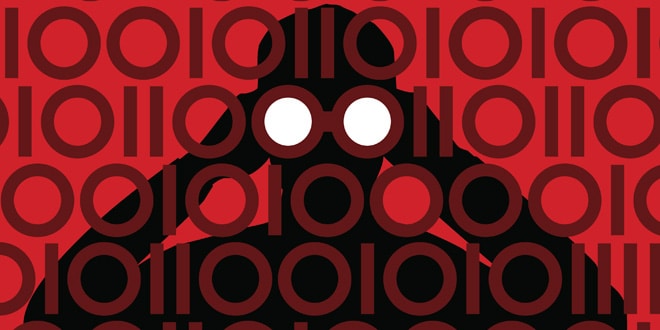The University of Michigan announced that it has received a $3.6 million grant to develop hardware based security features that will make Internet connected systems “unhackable.”
The grant will fund a project called MORPHEUS, which is developing a means of fending off hackers by turning computer circuits into the equivalent of “unsolvable puzzles,” according to a statement issued by University of Michigan.

The grant was issued as part of a $50-million DARPA program to improve cybersecurity by marrying cybersecurity features with hardware rather than software.
“Instead of relying on software Band-Aids to hardware-based security issues, we are aiming to remove those hardware vulnerabilities in ways that will disarm a large proportion of today’s software attacks,” says Linton Salmon, manager of DARPA’s System Security Integrated Through Hardware and Firmware (SSITH) program.
Nine grants have been awarded under the SSITH program, including the $3.6 million of funding for the University of Michigan program.
The MORPHEUS technology works by constantly changing the location of data, randomly moving and destroying the kind of critical information that attackers need to construct attacks. Rather than simply patching vulnerabilities in code, MORPHEUS makes it impossible to locate an exploit the hole, according to Todd Austin, a University of Michigan professor of computer science and engineering who leads the project.
“These protections don’t exist today because they are too expensive to implement in software, but with DARPA’s support we can take the offensive against attackers with new defenses in hardware and implement them with virtually no impact to software,” Austin said.
